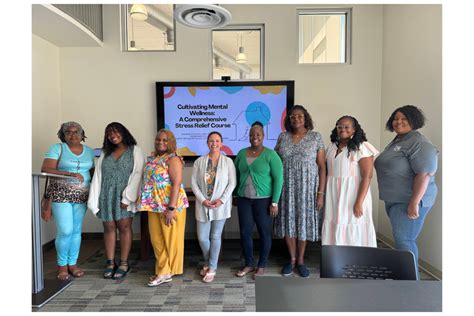In the tapestry of human existence, we are all intertwined, facing our own unique challenges and triumphs. Sometimes, the weight of life’s burdens can overwhelm us, leaving us feeling isolated and hopeless. In such moments, reaching out for help is not a sign of weakness, but an act of resilience and courage.

The Pervasiveness of Help-Seeking
According to the National Alliance on Mental Illness (NAMI), nearly one in five American adults experiences a mental illness each year. Yet, despite the prevalence of mental health issues, only about 43% of those who need it receive treatment.
Why is this the case?
1. Stigma: The stigma surrounding mental illness can deter people from seeking help, fearing judgment or discrimination.
2. Lack of Awareness: Many individuals are unaware of the resources available to them and may not realize that they need professional assistance.
3. Financial Barriers: The cost of mental health care can be prohibitive for some, especially those without health insurance.
Benefits of Asking for Help
The benefits of seeking help for mental health issues are undeniable:
1. Improved Mental Health: Therapy can help alleviate symptoms of depression, anxiety, and other mental health conditions, promoting emotional well-being.
2. Reduced Risk of Suicide: Individuals who receive treatment are less likely to engage in self-harm or suicidal behavior.
3. Enhanced Relationships: Addressing mental health issues can improve communication, empathy, and trust in relationships.
4. Increased Productivity: Mental health treatment can help individuals function better at work or school, leading to increased job satisfaction and academic achievement.
5. Reduced Healthcare Costs: Long-term, untreated mental health issues can lead to chronic physical health problems, increasing healthcare costs.
How to Ask for Help
Asking for help can be daunting, but it is essential for achieving recovery and well-being. Here are some tips:
1. Talk to a Trusted Person: Reach out to a friend, family member, teacher, or healthcare provider who you trust and feel comfortable talking to.
2. Contact a Mental Health Hotline: National helplines like the National Suicide Prevention Lifeline (1-800-273-8255) offer 24/7 support and can connect you with resources.
3. Find a Therapist: Look for a therapist who aligns with your needs, values, and budget. Consider online therapy or community mental health centers for more affordable options.
4. Practice Self-Care: Engage in activities that promote your emotional and physical well-being, such as exercise, meditation, or spending time in nature.
The Power of Community
In navigating the challenges of mental health, it is crucial to remember that we are not alone. Communities play a vital role in providing support and reducing stigma.
1. Raise Awareness: Educate others about mental health issues and the importance of seeking help.
2. Create Safe Spaces: Establish safe spaces where individuals can talk openly about their experiences without fear of judgment.
3. Offer Support: Provide emotional and practical support to those who are struggling, such as listening, offering resources, or connecting them with professionals.
4. Challenge Stigma: Challenge negative stereotypes and promote a positive and inclusive narrative around mental health.
Frequently Asked Questions (FAQs)
Q: How do I know if I need help?
A: Signs of mental health issues can include persistent sadness, anxiety, guilt, difficulty sleeping, or changes in behavior or thinking.
Q: What type of therapy should I choose?
A: The best type of therapy for you depends on your individual needs and preferences. Common types include cognitive behavioral therapy (CBT), talk therapy, and medication-assisted therapy.
Q: How long does therapy take?
A: The length of therapy varies depending on the severity of the issue and the individual’s progress. It can take anywhere from a few weeks to several months or years.
Q: How much does therapy cost?
A: The cost of therapy varies widely depending on the type of therapist, their location, and whether they accept insurance. Consider negotiating payment plans or exploring community mental health centers for more affordable options.
Conclusion
Asking for help is not a sign of weakness but a testament to our resilience. By breaking down barriers, raising awareness, and creating safe spaces, we can create a world where everyone feels comfortable seeking the support they need. Remember, you are not alone, and there is hope and healing to be found through the power of human connection and the transformative impact of professional help.
